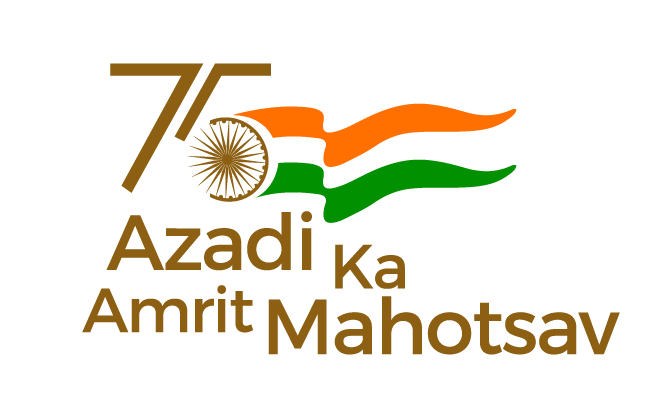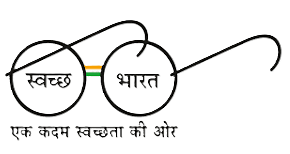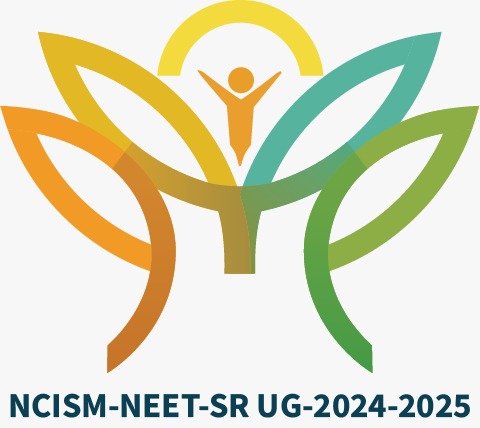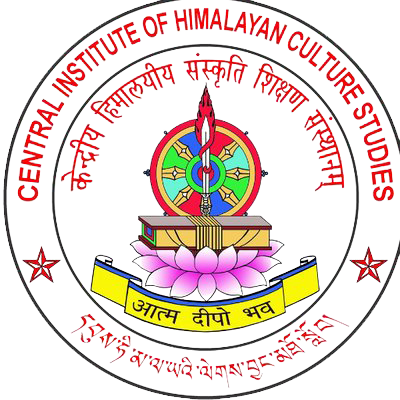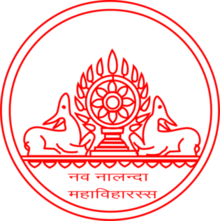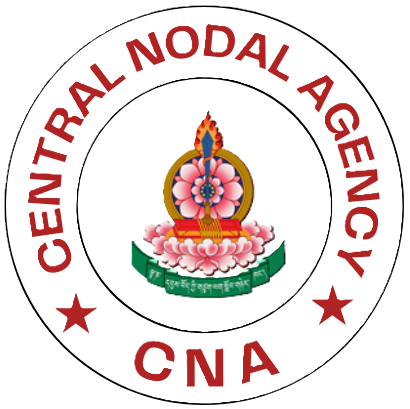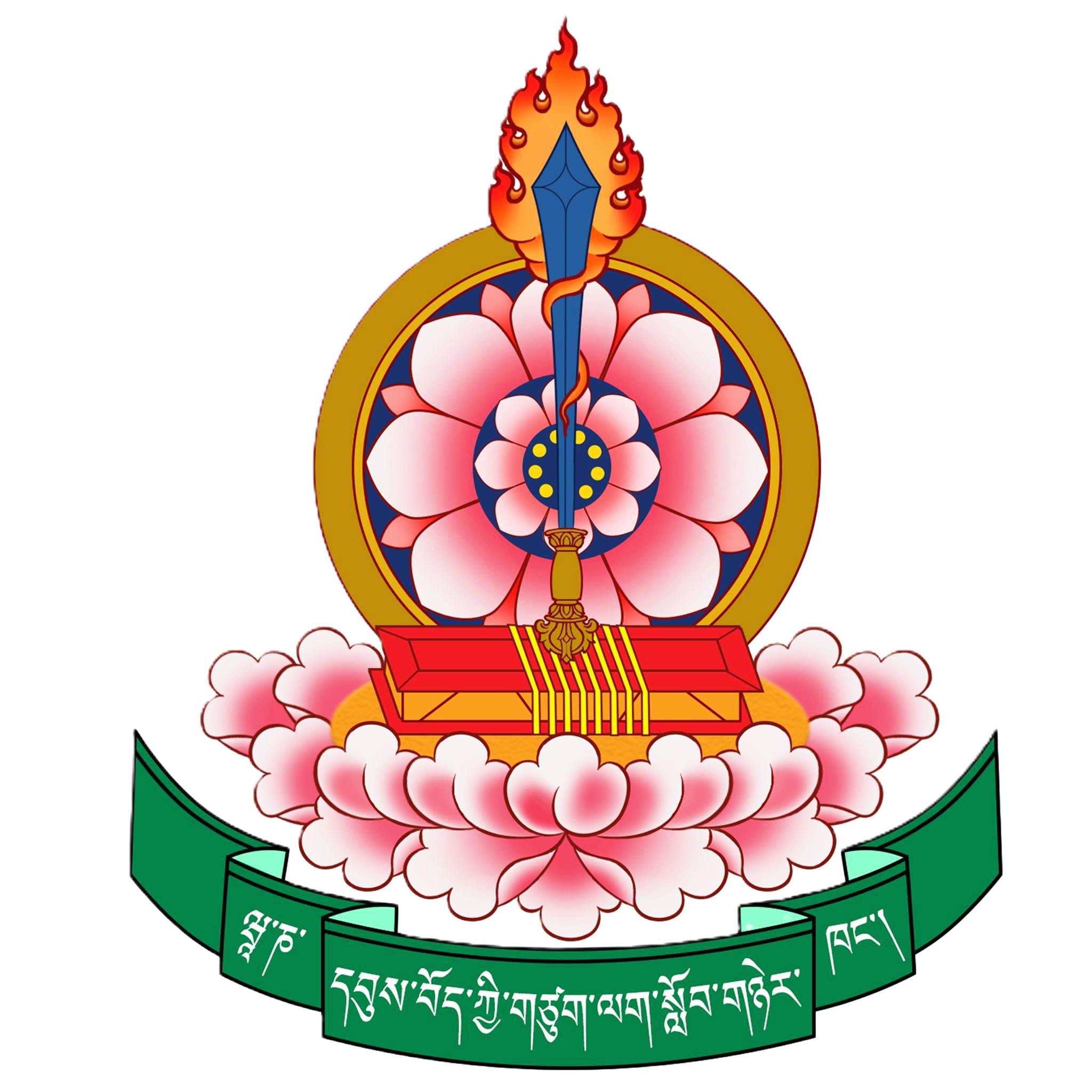ལས་ཁུངས།
གསལ་བསྒྲགས།

Department of Tibetan Languages and Literature
Department of Tibetan Language & Literature conducts courses on Tibetan Language & Literature on extremely rich and vast literature on the subjects of its traditional culture. Knowledge of Tibetan language and literature is especially essential for discourse on philosophy, epistemology and logic inherited from the ancient Nalanda Buddhist tradition that is today preserved in Tibetan Buddhist Tradition. In addition to the courses offered as a compulsory subject at U.G level of Shastri (BA) in Baudh Darshan; Tibetan Jyotish; and Tibetan Fine Arts; the department also offers courses at PG levels of Acharya (MA) and Vidyavaridhi (Phd) as well.
སྡེ་ཚན་གྱི་བསླབ་གཞི་ཁག
གཙུག་ལག་རབ་འབྱམས་པ། Acharya (MA)
བསླབ་གཞིའི་གྲུབ་འབྲས།
P.G. Acharya (MA) in Tibetan Language & Literature:
- A linguistic competency is sought after the completion of the course, as the units focus on both the linguistic and literary aspects of Tibetan Language with special insistence of LSRW.
- The students are trained in multiple aspects of linguistics like morphology, syntax, semantics, socio-linguistics, applied linguistics etc. corroborating old orthography with comparatively modern developments like Tsoksum, Karakas, Cases and Samasas of Sanskrit Language. The students are also trained in various formation of both phonetics and phonology of Tibetan language.
- A thorough knowledge is earned in both the eastern-western tradition of literary theory and criticism with special emphasis on aesthetics, analysis, judgement and taste and dosha. The course covers various theories like Rasa, Dhvani, Vakrokti, Riti, Aucitya, Alankara etc. with ample examples from texts like Sarasvati-Kanthabharana and Sahitya Darpana.
- In-depth hermeneutical knowledge is provided to the students by developing a critical and historical consciousness of the literary canon in different genres like poetry, fiction and drama. The renowned texts like Ramayana, Shonudakme, Epic of King Gesar, Avadankalpalata, Jatakmala, Boddhacharita, Naganand, Megaduta and AbigyanShakuntalam are taught with a comparative framework.
- After completion of the course, the students are capable to seek further possibilities in the fields of higher research, translation studies, comparative literature, linguistics, phonetics, content writing, teaching etc.



